Understanding ADHD and the Need for Natural Alternatives
Attention-Deficit/Hyperactivity Disorder (ADHD) is often misunderstood as a childhood condition marked by hyperactivity and impulsiveness. However, it persists into adulthood for many and can present differently in women. Symptoms in adult women may include chronic disorganization, emotional dysregulation, inattentiveness, and an overwhelming mental clutter that disrupts daily functioning. Traditional pharmaceutical treatments, while effective for some, come with side effects such as insomnia, increased anxiety, and diminished appetite. This has led many women to explore natural options, specifically herbs with cognitive-enhancing and calming properties.
You may also like: Best Herb for ADHD Support: How Natural Remedies and Herbs for ADHD Women May Help Boost Focus and Calm
Scientific exploration into botanicals as adjuncts or alternatives to prescription stimulants is gaining momentum. Today, there is increasing interest in identifying the best herb for ADHD, especially those that may provide both mental clarity and emotional stability without the side effects associated with standard medications. The exploration of herbal nootropics not only aligns with growing trends in natural health but also meets the cognitive demands of high-functioning women managing complex lives.
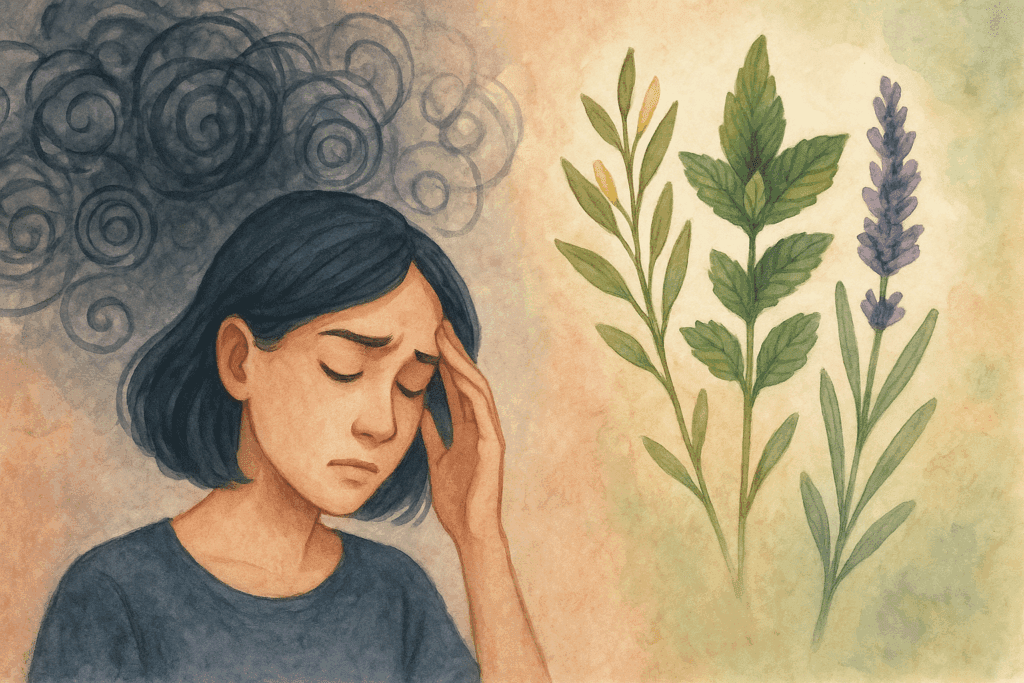
Why Herbs Are Gaining Ground in ADHD Management
The increasing acceptance of herbal medicine in mainstream wellness stems from growing research in phytotherapy and neuroscience. Compounds in certain plants have shown the potential to modulate neurotransmitter systems, reduce oxidative stress, and improve neural communication. For women with ADHD, whose hormonal fluctuations may further impact attention and emotional regulation, herbs can offer a more personalized, balanced form of support.
Many individuals are seeking ways to enhance cognitive function through lifestyle changes rather than relying solely on pharmaceuticals. Herbs, when used correctly and under professional guidance, can play a significant role in improving how to memorize something fast, sustain attention, and support better emotional regulation. Women, in particular, are drawn to these alternatives due to their perceived safety, adaptability to daily routines, and historical use in traditional medicine systems.
The Criteria for Evaluating Herbal Efficacy
Determining the best herb for ADHD requires rigorous scientific evaluation. Criteria include a herb’s ability to support executive functioning, boost working memory, enhance long-term recall, and improve mood regulation. It must also align with memory strategies that promote sustained learning and focus. Additional considerations involve bioavailability, dosage safety, potential interactions with medications, and whether the herb can be easily incorporated into a daily wellness regimen.
From an evidence-based standpoint, herbs that support memory methods techniques and good study techniques for memorization are of particular interest. The ideal botanical candidate should assist not only in how to memorize for exams but also in how to remember information for a test and apply it under pressure. These cognitive tasks are central to academic and professional success for individuals with ADHD.
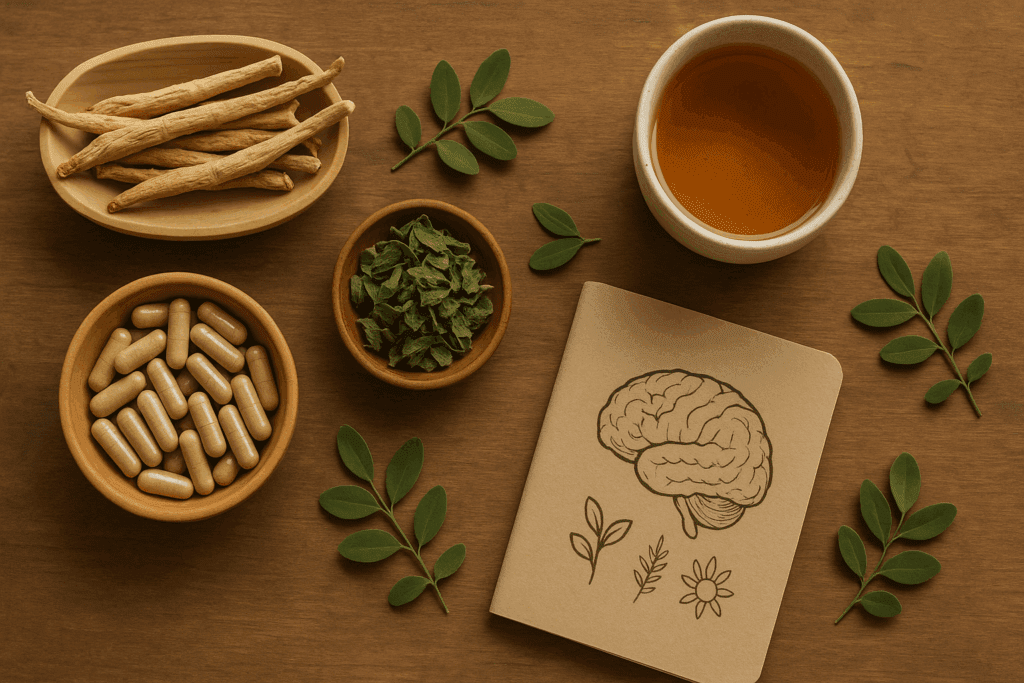
Bacopa Monnieri: The Ancient Ally for Modern Focus
Bacopa monnieri, also known as Brahmi, has a well-documented history in Ayurvedic medicine as a brain tonic. Modern research supports its ability to enhance memory retention, increase attention span, and reduce anxiety. For women seeking how to memorize things fast for a test, Bacopa may help by improving the speed at which information is processed and recalled. Its active compounds, known as bacosides, are believed to facilitate the repair of damaged neurons and promote synaptic communication.
What sets Bacopa apart is its adaptogenic quality, which means it helps the body and brain adapt to stress. This is particularly useful in managing the emotional dysregulation common in ADHD. Studies suggest that long-term use may improve cognitive performance without the jittery side effects associated with stimulants. For those interested in how to remember things fast and apply memory strategies in daily life, Bacopa offers a compelling, scientifically backed option.
Rhodiola Rosea: Enhancing Mental Clarity and Stress Resilience
Rhodiola rosea is another adaptogen that has garnered attention for its ability to enhance cognitive endurance, especially under stressful conditions. Known for improving fatigue resistance and sustaining focus, Rhodiola may assist women struggling with how to memorize quickly when cognitive performance is impaired by stress or exhaustion. Its primary bioactive compounds, rosavins and salidrosides, are thought to modulate cortisol levels and improve neurotransmitter function.
By promoting mental clarity and resilience, Rhodiola can indirectly support memory techniques and strategies essential for daily functioning. For example, when preparing for high-stakes testing or intense study sessions, it may help regulate the body’s stress response, making it easier to implement memorization tips for studying. Additionally, Rhodiola’s influence on serotonin and dopamine pathways makes it a candidate for mood stabilization, a critical need in ADHD treatment.
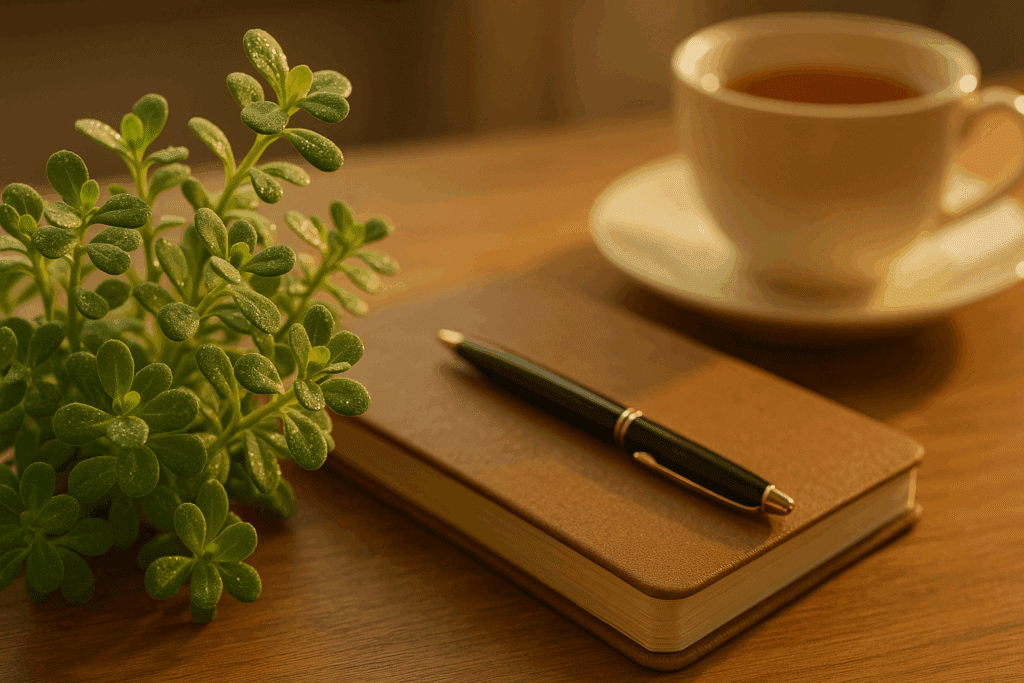
Ginkgo Biloba: Supporting Cognitive Function and Blood Flow
Ginkgo biloba is often cited among the best memorization techniques due to its role in improving cerebral blood flow and protecting neural tissue. Rich in flavonoids and terpenoids, Ginkgo enhances oxygen and nutrient delivery to the brain, which may support how to memorize things fast and retain information more efficiently. While it is not specific to ADHD, its neuroprotective properties are broadly beneficial.
For women experiencing brain fog or difficulty remembering long-term information, Ginkgo may assist in how to remember what you read for exams or how to memorize something in 10 minutes by sharpening processing speed and recall accuracy. Some studies indicate it may enhance attention and executive functioning, although effects can vary widely among individuals. Nonetheless, its favorable safety profile and long history of use make it a viable option for cognitive support.
Lion’s Mane Mushroom: Regeneration and Neurogenesis
Lion’s Mane mushroom is gaining ground as a natural nootropic with the ability to stimulate nerve growth factor (NGF), which plays a crucial role in neurogenesis. This makes it particularly relevant for memory methods for studying and supporting long-term brain health. For women dealing with ADHD-related cognitive fatigue, Lion’s Mane may offer a regenerative approach to improving mental sharpness.
Research shows that Lion’s Mane may support how to remember things while studying and even enhance the ability to form new memories. Its dual action of cognitive enhancement and neural repair sets it apart from other nootropics. Additionally, its antioxidant properties may help mitigate the neural inflammation often associated with cognitive decline, thereby enhancing how to memorize something quickly under pressure.
Gotu Kola: Bridging the Gap Between Focus and Relaxation
Gotu kola has long been used in traditional Asian medicine to support mental clarity and emotional calmness. Modern studies suggest it may improve attention, working memory, and anxiety—all critical areas for ADHD support. For women who find it challenging to maintain focus and emotional balance, Gotu kola may support how to memorize fast while also calming a restless mind.
Its unique profile as both a cognitive enhancer and mild anxiolytic makes it an ideal addition to memory methods techniques aimed at improving recall under pressure. Whether one is seeking how to memorize for exams or how to remember things while studying, Gotu kola’s harmonizing effect on brain function may promote more efficient learning and better information retention.
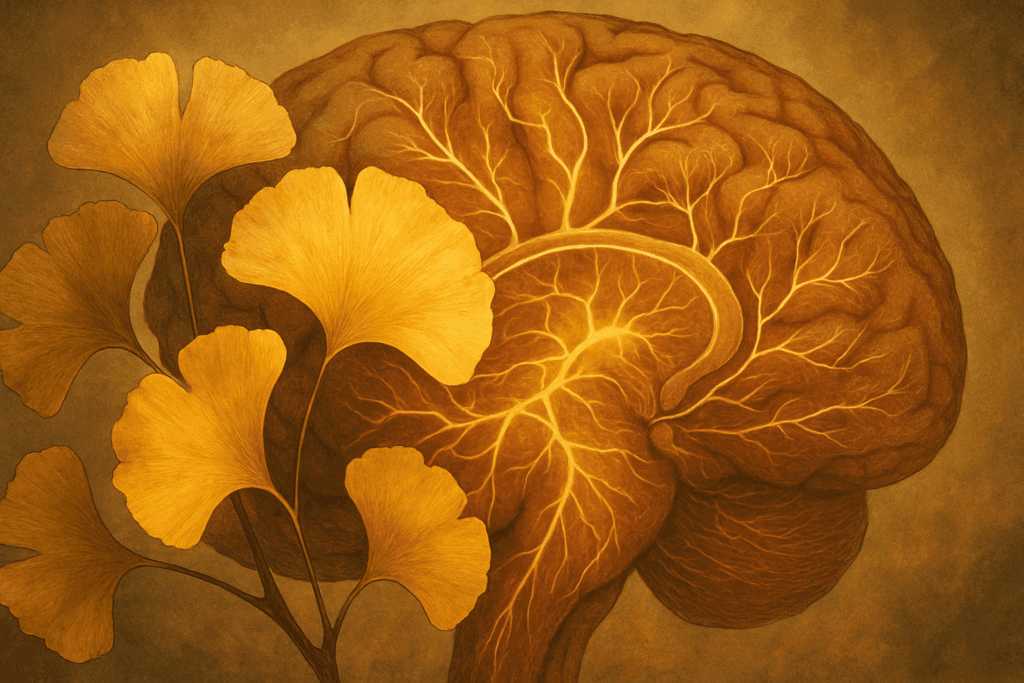
Holistic Strategies to Complement Herbal Support
While herbs offer compelling options, they are most effective when integrated into a holistic cognitive wellness strategy. Techniques such as spaced repetition, active recall, and visualization are powerful memory methods for studying that align well with herbal supplementation. Combining these practices with nootropic herbs may amplify their effectiveness and improve how to memorize things fast for exam situations or high-stakes performance.
Nutrition also plays a key role. Omega-3 fatty acids, B-vitamins, and magnesium are essential nutrients that support brain health and complement the action of cognitive-enhancing herbs. When women adopt a lifestyle that includes nutrient-dense foods, quality sleep, regular exercise, and mindfulness practices, they create a neurological environment more conducive to how to remember long terms and how to memorize things quickly.
Integrating Herbs into Daily Life for Sustainable Results
One of the most appealing aspects of using herbs for ADHD is their adaptability to different lifestyles. Many of these botanicals are available in capsules, teas, tinctures, and even functional foods, making it easy to create a sustainable regimen. For instance, starting the day with a Rhodiola capsule, sipping Gotu kola tea in the afternoon, and taking a Lion’s Mane supplement at night may create a balanced rhythm of cognitive support.
Consistency is key. While some individuals may notice short-term benefits in how to memorize something for a test or how to remember things while studying, the most profound results often come with regular, long-term use. Establishing a structured routine that incorporates the best study techniques for memorization and layering in herbal support can yield powerful improvements in cognitive clarity and emotional resilience.
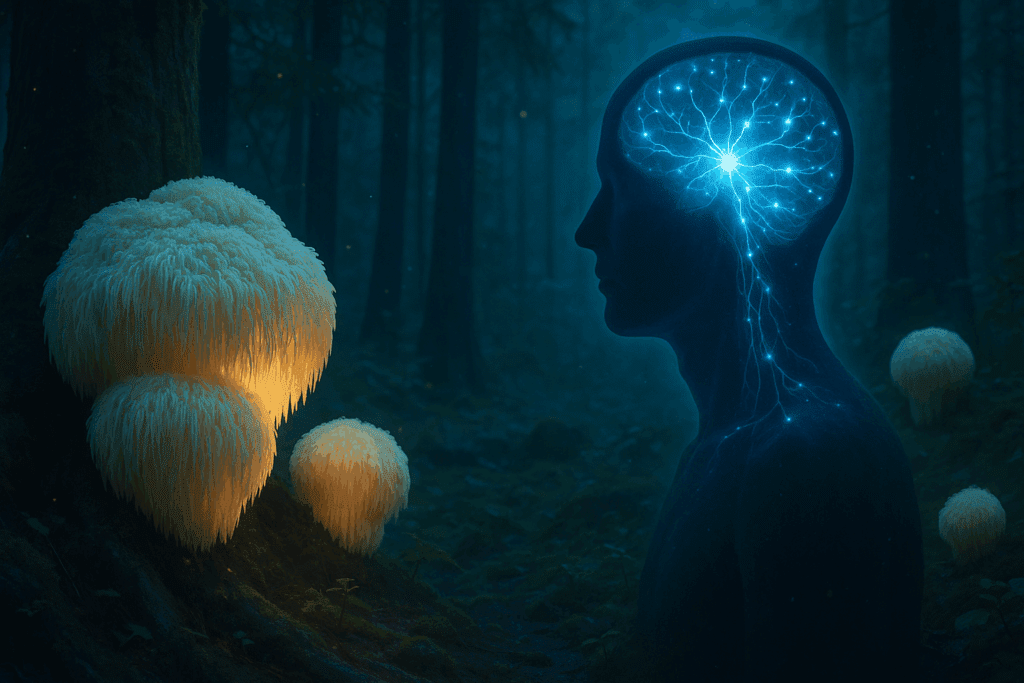
Frequently Asked Questions: Best Herbs for ADHD and Cognitive Support in Women
What makes herbal remedies a viable alternative to ADHD medications for women?
Herbal remedies provide a multifaceted approach to managing ADHD symptoms in women, especially when addressing emotional regulation, hormonal fluctuations, and memory performance. Unlike pharmaceuticals that primarily target dopamine or norepinephrine pathways, herbs often work on multiple neurotransmitters and physiological systems. This broader influence can support how to memorize something fast while minimizing overstimulation. For example, adaptogens like Rhodiola rosea help regulate the stress response, which is crucial when trying to improve memory techniques during overwhelming periods. Additionally, herbal support allows for a more personalized regimen—ideal for women who want to align their memory strategies with their lifestyle and hormonal cycles.
How do herbal nootropics influence memory techniques and study performance?
Herbal nootropics such as Bacopa monnieri and Lion’s Mane mushroom offer cognitive benefits that extend beyond simple memory recall. These herbs often enhance synaptic plasticity, the brain’s ability to reorganize and form new connections, which is essential for how to remember things effectively. When used consistently, they may strengthen long-term retention and help users access how to memorize things fast for a test. Moreover, they can improve learning endurance, making it easier to adopt memory methods techniques such as the method of loci or active recall. For students or professionals who need to balance emotional well-being with high cognitive demands, these nootropics offer supportive memorizing techniques that don’t come with the drawbacks of pharmaceutical stimulants.
Are there herbs that can help specifically with how to memorize long terms and abstract concepts?
Yes, certain herbs are particularly well-suited to enhancing abstract reasoning and long-term memory. Ginkgo biloba, for instance, increases blood flow to the brain and supports neurovascular health, which can be crucial when trying to understand complex materials and retain them over time. This can be especially effective in how to remember long terms and conceptual frameworks used in academic or professional settings. Gotu kola, another underrated herb, may subtly boost clarity and calmness, which supports deep encoding of information—key to how to memorize something quickly and remember it under stress. By combining these herbs with best memorization techniques such as spaced repetition or elaborative rehearsal, users can retain nuanced material more efficiently.
Can combining multiple herbs enhance how to memorize quickly and improve multitasking?
A synergistic approach can significantly enhance how to memorize quickly, especially when balancing multiple cognitive tasks. Combining Bacopa for memory retention, Rhodiola for mental stamina, and Gotu kola for relaxation creates a comprehensive cognitive support system. Each herb plays a distinct role, helping the brain handle transitions between tasks while supporting memory strategies that reinforce long-term recall. This combination can be particularly helpful when employing study skills memorization techniques during multitasking scenarios, such as managing work deadlines while studying for exams. With the right dosing and guidance, such blends can fine-tune the brain’s ability to filter distractions and consolidate information, enhancing how to remember things fast even under pressure.
How can I use herbs to optimize my memorization tips for studying sessions?
To optimize memorization tips for studying, timing and consistency in herb intake are crucial. For instance, taking Rhodiola rosea early in the day can set the tone for stress resilience, which is essential when trying to implement methods of memorization. Meanwhile, Bacopa monnieri is best taken over several weeks to yield cumulative cognitive benefits, making it a good match for how to memorize things fast for exam preparation. Pairing herb intake with structured study blocks—using pomodoro techniques or focused deep work sessions—can multiply the effectiveness of good study techniques for memorization. A well-thought-out herb schedule also minimizes cognitive fatigue, giving you greater bandwidth for memorization tricks for studying.
What role does emotional regulation play in memory methods for studying with ADHD?
Emotional regulation is central to executing memory methods for studying, particularly for women with ADHD who often experience heightened emotional sensitivity. Stress, frustration, or anxiety can severely impair short-term memory and reduce the ability to access how to memorize fast under time constraints. Herbs like Gotu kola and Lion’s Mane not only improve cognition but also help regulate emotional intensity, creating a more stable environment for study. This regulation enhances how to remember things while studying, as the brain is better equipped to focus and consolidate information. Developing emotional self-awareness alongside using memorization tips for studying helps ensure that memory performance is consistent rather than erratic.
Are there herbal strategies for last-minute test prep, such as how to memorize something in 10 minutes?
When facing last-minute test prep, short-acting herbs and cognitive enhancers can be beneficial if used strategically. Ginkgo biloba, for example, may enhance blood flow and oxygen delivery to the brain in as little as 30 minutes, making it potentially useful for how to memorize something in 10 minutes before a quiz or rapid review session. Pairing it with focused breathing or visualization techniques can accelerate encoding, allowing you to apply best study techniques for memorization on the fly. However, it’s important to combine these methods with familiarity—don’t try to learn new material in this short window. Instead, use these strategies for how to remember what you read for exams or reinforce pre-learned content.
How can I train my brain long-term to improve how to memorize things quickly?
Building long-term memory health requires more than occasional herb use—it calls for strategic brain training. This includes adopting lifestyle changes like consistent sleep hygiene, aerobic exercise, and meditation to support the neurochemical balance necessary for memory formation. Incorporating herbs like Lion’s Mane and Bacopa over several months can stimulate neurogenesis, further supporting how can I memorize and recall better. Equally important is engaging in activities that challenge your working memory, such as learning a new language or playing strategy-based games. These actions help embed memory methods techniques into your daily routine, gradually transforming how to memorize things quickly into a sustainable skill.
Are there any overlooked memory strategies that pair well with herbal support?
One underutilized memory strategy is narrative chaining—creating a story that links unrelated items—which pairs well with herbs that boost creative thinking like Lion’s Mane and Rhodiola. This technique turns abstract or random facts into a coherent narrative, enhancing both engagement and recall. It’s particularly helpful for how to memorize things fast for a test that requires memorizing disconnected facts or vocabulary. Another overlooked method involves using olfactory cues, like pairing a certain scent with your study sessions and bringing the same scent into the test environment. These strategies work best when layered with memory methods for studying and cognitive herbs that support focus and mood stability.
What should I consider when choosing herbs for how to memorize things fast and manage ADHD?
When selecting herbs, consider both your cognitive needs and physiological sensitivity. For instance, if you experience high stress and difficulty focusing, Rhodiola and Gotu kola may support how to remember things fast while also reducing anxiety. On the other hand, if your main challenge lies in how to memorize long terms and retrieve them under exam pressure, Bacopa and Ginkgo might be more appropriate due to their memory-enhancing and neurovascular benefits. Always start with a single herb and track your response before layering others. Consulting a healthcare provider familiar with integrative medicine ensures that your herbal plan aligns with both best memorization techniques and your overall health strategy.
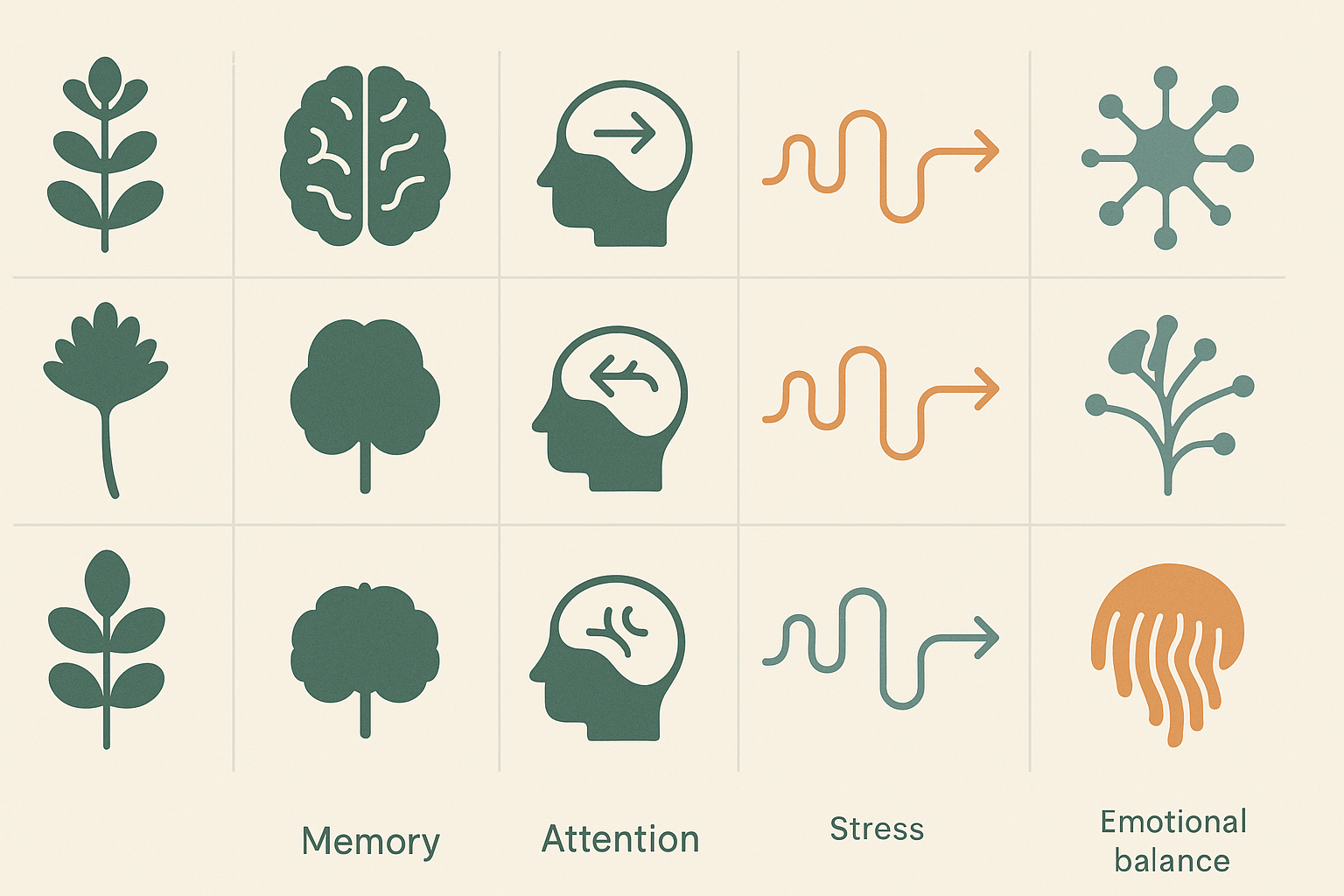
Closing Thoughts: Rethinking Cognitive Support for Women with ADHD
The pursuit of the best herb for ADHD is not just about finding a quick fix; it’s about creating a sustainable, scientifically grounded approach to cognitive wellness. For women, whose symptoms may be more subtle or misunderstood, embracing herbs that nurture both focus and emotional balance can be a transformative step. These botanicals, when chosen carefully and used mindfully, offer a powerful complement to conventional treatment and lifestyle changes.
By integrating herbs like Bacopa, Rhodiola, Ginkgo, Lion’s Mane, and Gotu Kola into daily routines and pairing them with evidence-based memory strategies, women can support better focus, improve how to memorize something fast, and develop greater mental clarity over time. These interventions represent not just alternatives, but holistic pathways toward thriving with ADHD—rooted in science, respect for tradition, and a deep understanding of the cognitive needs unique to women.


